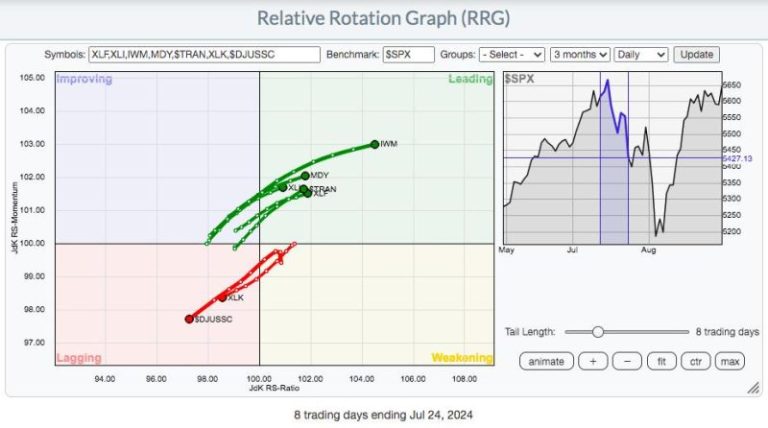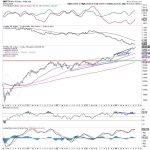Leadership is a quality that is often associated with innate capabilities and individualistic traits. However, recognizing new leaders in our modern era involves a more nuanced approach that goes beyond the traditional notions of leadership. In today’s rapidly changing world, the qualities that define effective leadership are evolving, and it is essential to identify individuals who possess these new leadership traits. Here are some key indicators to help recognize the new leaders shaping our future.
1. **Adaptability and Resilience**:
The pace of change in today’s world requires leaders who can adapt quickly to new challenges and bounce back from setbacks. New leaders demonstrate resilience in the face of adversity, embracing change as an opportunity for growth rather than a limitation. They are flexible in their approach, willing to experiment with new ideas and strategies to achieve success.
2. **Emotional Intelligence**:
Effective leadership is not just about making decisions based on logic and rationality but also about understanding and managing emotions. New leaders exhibit high emotional intelligence, understanding their own emotions and those of others. They can empathize with colleagues, clients, and stakeholders, building strong relationships based on trust and mutual respect.
3. **Vision and Strategic Thinking**:
While traditional leadership often focused on maintaining the status quo, new leaders are visionaries with a strategic mindset. They have a clear vision of the future they want to create and can inspire others to rally behind that vision. These leaders are forward-thinking, anticipating trends and disruptions in their industry and proactively shaping their organizations’ direction.
4. **Collaboration and Inclusivity**:
Gone are the days of hierarchical leadership structures where decisions were made at the top and cascaded down. New leaders value collaboration and inclusivity, seeking input from diverse voices and perspectives. They foster a culture of inclusion where everyone’s contributions are valued, creating a sense of belonging and shared ownership in achieving organizational goals.
5. **Continuous Learning and Development**:
The rapid pace of technological advancement means that new leaders must be lifelong learners, constantly seeking to upgrade their skills and knowledge. They prioritize personal and professional development, encouraging their teams to do the same. By staying curious and open to new ideas, these leaders are better equipped to navigate uncertainty and drive innovation.
6. **Ethical and Values-driven Leadership**:
In an age where transparency and accountability are paramount, new leaders operate with integrity and a strong sense of ethics. They prioritize values such as honesty, fairness, and social responsibility, making decisions that benefit not only their organizations but also society at large. By leading with integrity, these leaders inspire trust and loyalty among their followers.
Recognizing the new leaders of today requires a shift in mindset towards a more holistic and inclusive view of leadership. By looking for these key indicators – adaptability, emotional intelligence, vision, collaboration, continuous learning, and ethical values – we can identify individuals who are not just leading for the present but shaping a better future for all. As we navigate the complexities of the 21st century, these new leaders will be essential in guiding us towards a more sustainable and prosperous world.



